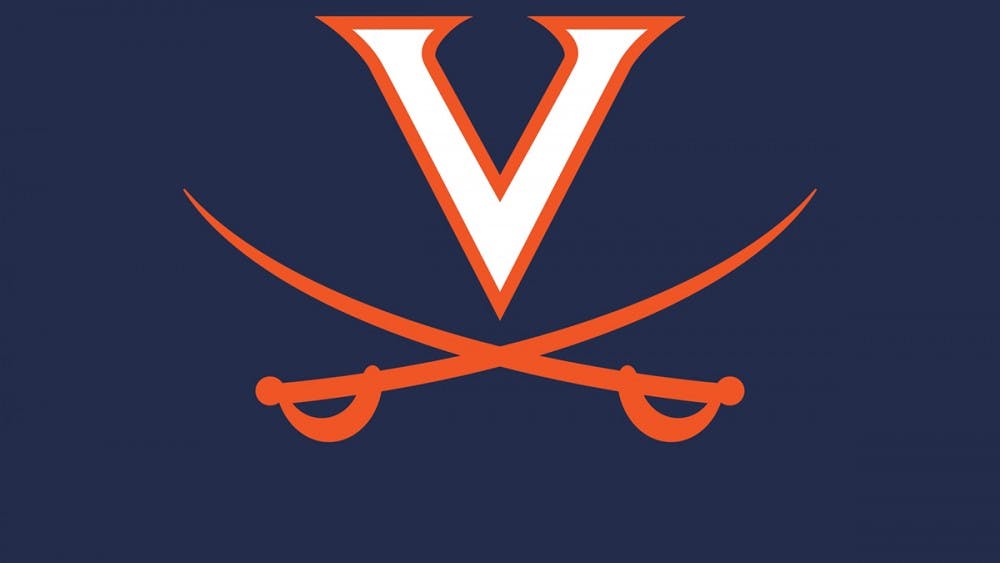The Board of Visitors approved yet another major tuition hike in December, amounting to a roughly 3 percent increase for undergraduate students and up to 4.9 percent for graduate students. This increase is particularly concerning when you consider the University’s quantifiable history of questionable financial decisions, such as their massively overzealous $160 million needed for Alderman’s renovations — which is equivalent to annual in-state tuition for nearly 5,000 students. Because of this palpable fiscal irresponsibility, it is important for the student body to constantly scrutinize where exactly our tuition dollars are going. Nowhere is this more necessary than in the University athletics department, a non-essential sector that spends over $100 million annually and often fails to turn a net operating profit.
While in-depth financial breakdowns of University Athletics’ spending and revenue streams are not available to the public, some rudimentary data is released by the National Collegiate Athletic Association each year. What stood out to me in the most recent data was the nearly $14 million in student fees that fund sports at the University, which comprises more than 2 percent of total net undergraduate tuition and fees. This would be somewhat understandable if athletics turned a profit and provided some financial benefit to the school, but instead they reported a loss of nearly $8 million for the 2017 fiscal year. So in essence, a significant amount of our tuition dollars are funding peripheral programs that actually lose money for the school overall, which makes no sense to me.
The root cause of this problem has to do with the fact that very few collegiate sports actually bring in substantial revenues. While football and men’s basketball generate massive returns, a study conducted at the University of Central Florida found that other collegiate sports eat up the majority of this profit due to their lack of financial success. Thus, income from football and basketball programs — supplemented by hefty student fees — essentially subsidize all other sports, which serve as little more than a drain on the University’s resources in their current states. While information regarding specific spending on each sport is not distributed to the public, it is clear that many sports teams are spending a lot more than they are earning — and perhaps a lot more than they need. Thus, I propose that funding for individual collegiate sports be made relatively proportional to the revenues that they bring in, which would help to curtail this annual net operating loss.
I recognize that such a proposal could be interpreted as an attack on Title IX and women’s sports, but this is not the case. Scholarships and essential spending for maintaining equity in areas such as coaching would be kept consistent, but extraneous spending and overhead charges — which together make up over 40 percent of the department’s cash outflows — could be targeted for cuts and streamlining. An example of this would be extravagant athletic facilities which have begun to prioritize luxury rather than utility and simply cannot be justified given the lack of corresponding cash inflows for most sports. Moreover, the vast majority of men’s sports would be affected as well, so it is clear that gender is not of importance in this financial proposition.
On the topic of scholarships, though it is worth mentioning the recent national scandal in which more than 50 individuals were charged with large-scale bribery to facilitate college admissions, often under the guise of athletic recruiting. While the University was not one of the institutions mentioned in the report, I think it would be worthwhile to investigate and audit our athletic recruiting processes to ensure that tuition-funded academic scholarships are only awarded to those that need and deserve them. It is absolutely sickening to imagine that these scholarships could be going to wealthy, grossly unqualified individuals.
As is proclaimed in the University’s statement of purpose, “The University of Virginia is a public institution of higher learning guided by a founding vision of discovery, innovation and development.” We must always remember that the central focus and modus operandi of this establishment is to promote education and that athletics serve only to complement this mission. Unfortunately, in recent years, the financially distended athletics department has become something of a vestigial institution. However, through streamlining and budget cuts, the entity can be reinvigorated without negatively impacting the student body. We as a populace often find ourselves speaking out against tuition hikes, but rarely offer areas that the University could focus on to curb their budget. The athletics department is one such area, and a full-scale financial audit is crucial to ensure its long term sustainability.
Milan Bharadwaj is an Opinion Columnist for The Cavalier Daily. He can be reached at opinion@cavalierdaily.com.







